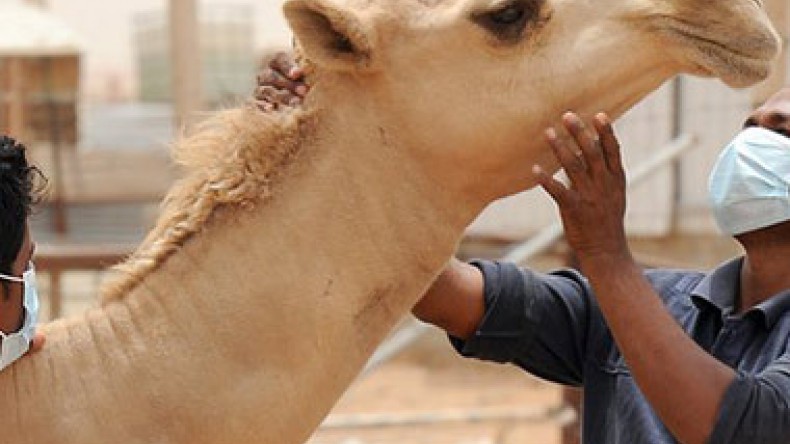
Cats and dogs to be tested for mysterious Mers infection
Scientists are soon to test cats, dogs and even rats as they seek to understand the mysterious Mers infection, the BBC reported.
Middle East Respiratory Syndrome was first discovered in 2012 and has so far, killed around 200 people globally.
While the virus that causes it has been found widely in camels, researchers say it could be lurking in other species.
One expert told BBC News that the hunt is likely to soon extend to animals that have close contact with people.
Mers was originally found in a patient from Bishah in Saudi Arabia but since then almost 600 cases of the infection have been discovered around the world, with around 30% of those who get sick dying from the illness.
Researchers believe the coronavirus that causes the infection crossed over from animals.
As the numbers of people infected by the virus rose, scientists sought to test common animals in the Middle East for exposure.
Using blood samples from camels in the Canary islands, Dutch researchers found the first antibodies to the disease. They liken these antibodies to footprints, indicating that the virus had once passed through the animal.
A recent study showed conclusively that the version of the virus circulating in humans is indistinguishable from the one that's been found in camels.
However the lead author of that report, Dr Thomas Briese from Columbia University, believes that there are many unanswered questions about the disease.
He points to the fact that if camels were the sole route of infection, then the illness should be more prevalent among those who work with or are in close contact with the animals.
And there have been a small number of cases of people dying from Mers who have no known relationship with camels.
"We do have these sporadic cases where there is no known exposure to known cases and we question where do they catch the virus," he told BBC News.
"In some cases there was animal contact or camel contact but in others not, so there is no clear definitive picture yet."
Dr Briese says that other species, including goats and sheep, have been tested but haven't shown antibodies indicating exposure.
Newsfeed
Videos






























